Ubuntu smartphone OS coming to Galaxy Nexus devices
Canonical unveils mobile OS to run on Android devices.
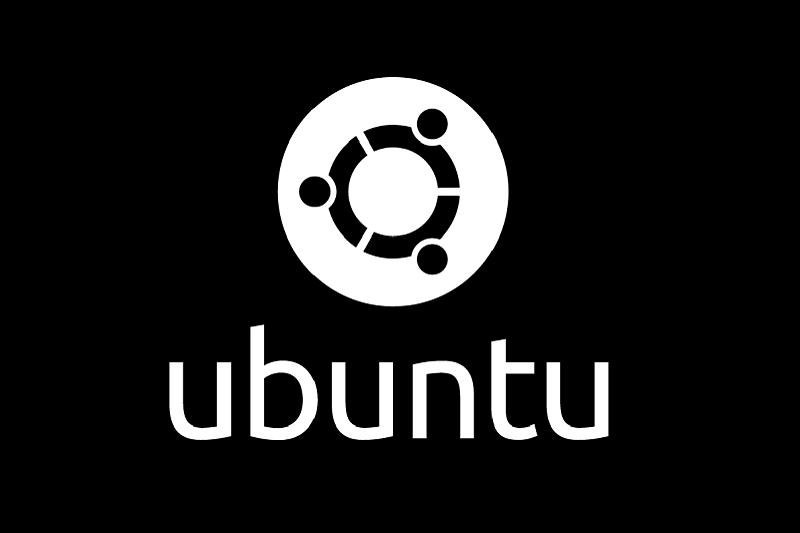
Linux vendor Canonical has unveiled a smartphone operating system which it plans to make available for use on Android devices.
The Ubuntu software will launch for Galaxy Nexus owners in mid-January. The software will initially require users to download the software and install it manually.
The device will support Nexus-branded devices, but the plan is to make it available to other OEM devices that come with an unlocked bootloader. At this time, no OEMs or networks have signed on to launch a device with the software.
However, Mark Shuttleworth, founder of Ubuntu and VP of products at Canonical, claimed he expects at least one major vendor to launch an Ubuntu device this year.
In terms of usability, the interface uses all four edges of the screen and navigation is primarily carried out via swipes.
An Achilles heel of the OS appears to be the ecosystem. Initially, the OS will launch with just five native applications including Facebook, Google Maps, Gmail and Spotify.
The OS will also support HTML5 native apps, but there are no plans to let it support the hundreds of thousands of existing Android applications, despite the software sharing the same Linux kernel.
Sign up today and you will receive a free copy of our Future Focus 2025 report - the leading guidance on AI, cybersecurity and other IT challenges as per 700+ senior executives
Although Ubuntu has a dedicated following, its userbase is nowhere near the size of Android or iOS at this time. With Microsoft also pushing heavily on the mobile front with its Windows Phone 8 and touch-optimised Windows 8 editions, the biggest problem Canonical faces is getting users to opt for Ubuntu over these more established platforms.
Shuttleworth accepted the mobile market is a hotly contested mobile area and noted the open source firm will "need to partner carefully to make this a reality". It remains to be seen which OEM will step forward to take up the challenge.
Although Microsoft dominates the enterprise with Windows, Ubuntu could be the ideal operating system for start-ups or small businesses looking to cut down on costs. The ability to run native apps over a thin-client could also attract IT admins who like to experiment with devices.
-
 Will autonomous robotics leap forward in 2026?
Will autonomous robotics leap forward in 2026?In-depth Connectivity and cost benefits remain barriers, despite breakthroughs in physical AI
-
 AWS and NTT Data team up to drive legacy IT modernization in Europe
AWS and NTT Data team up to drive legacy IT modernization in EuropeNews Partnership between AWS and NTT DATA aims to boost AWS European Sovereign Cloud capabilities
-
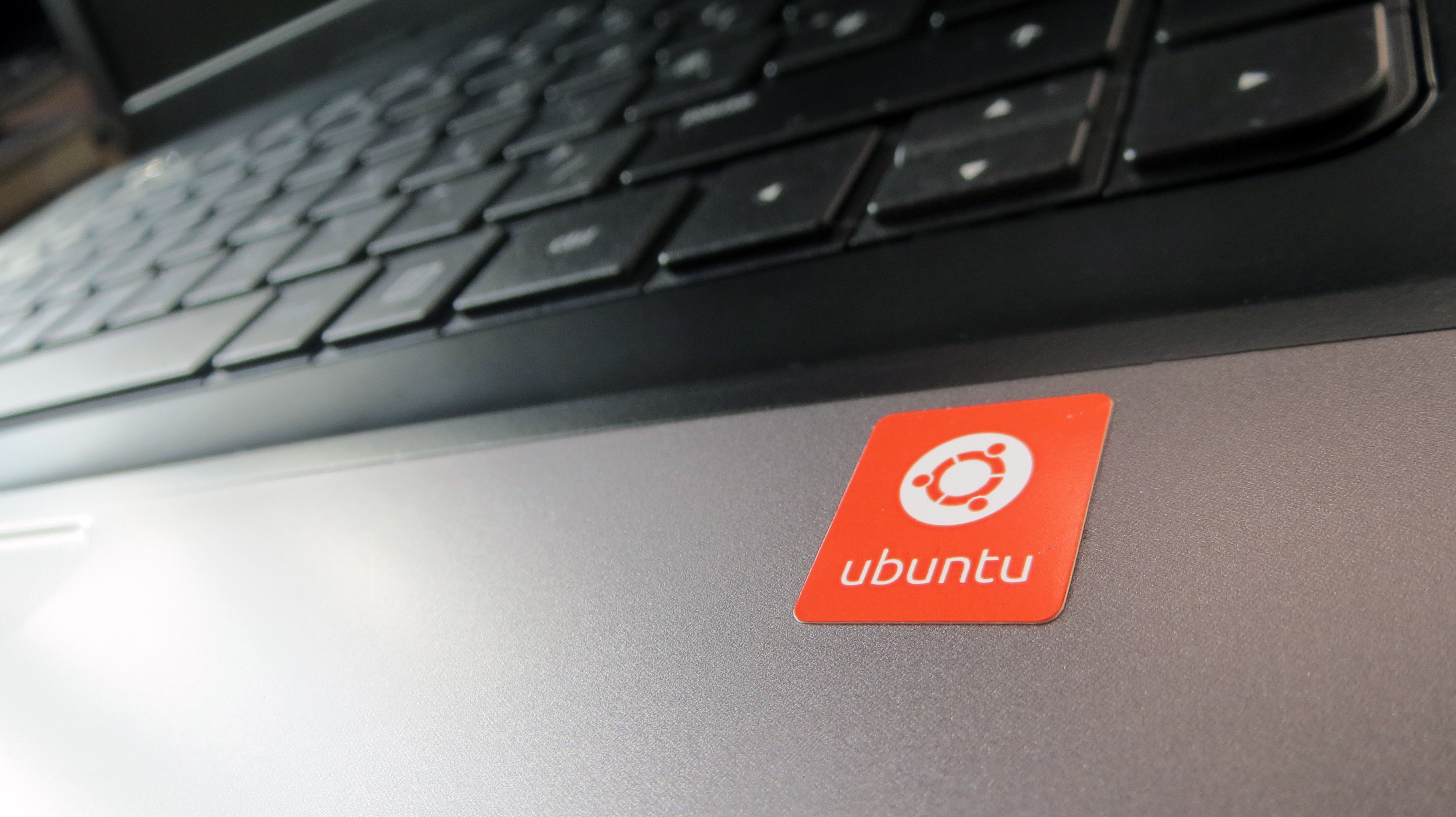 Canonical founder lays into “deeply anti-social” Mir-haters
Canonical founder lays into “deeply anti-social” Mir-hatersNews Going mainstream brings out those who “love to hate”, says Shuttleworth
-
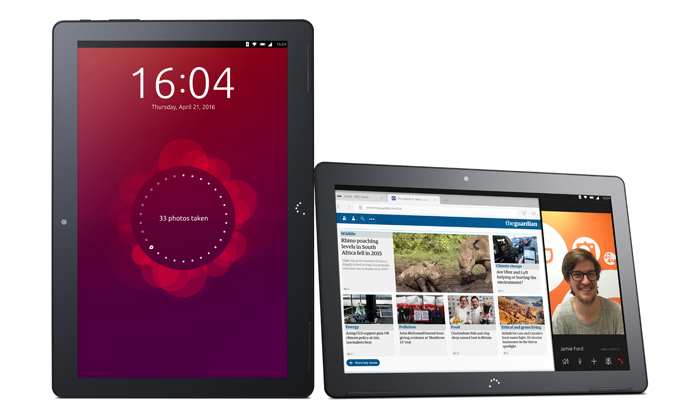 Ubuntu to drop Unity, kills off smartphones and tablets convergence plans
Ubuntu to drop Unity, kills off smartphones and tablets convergence plansNews Desktop Ubuntu will go back to Gnome
-
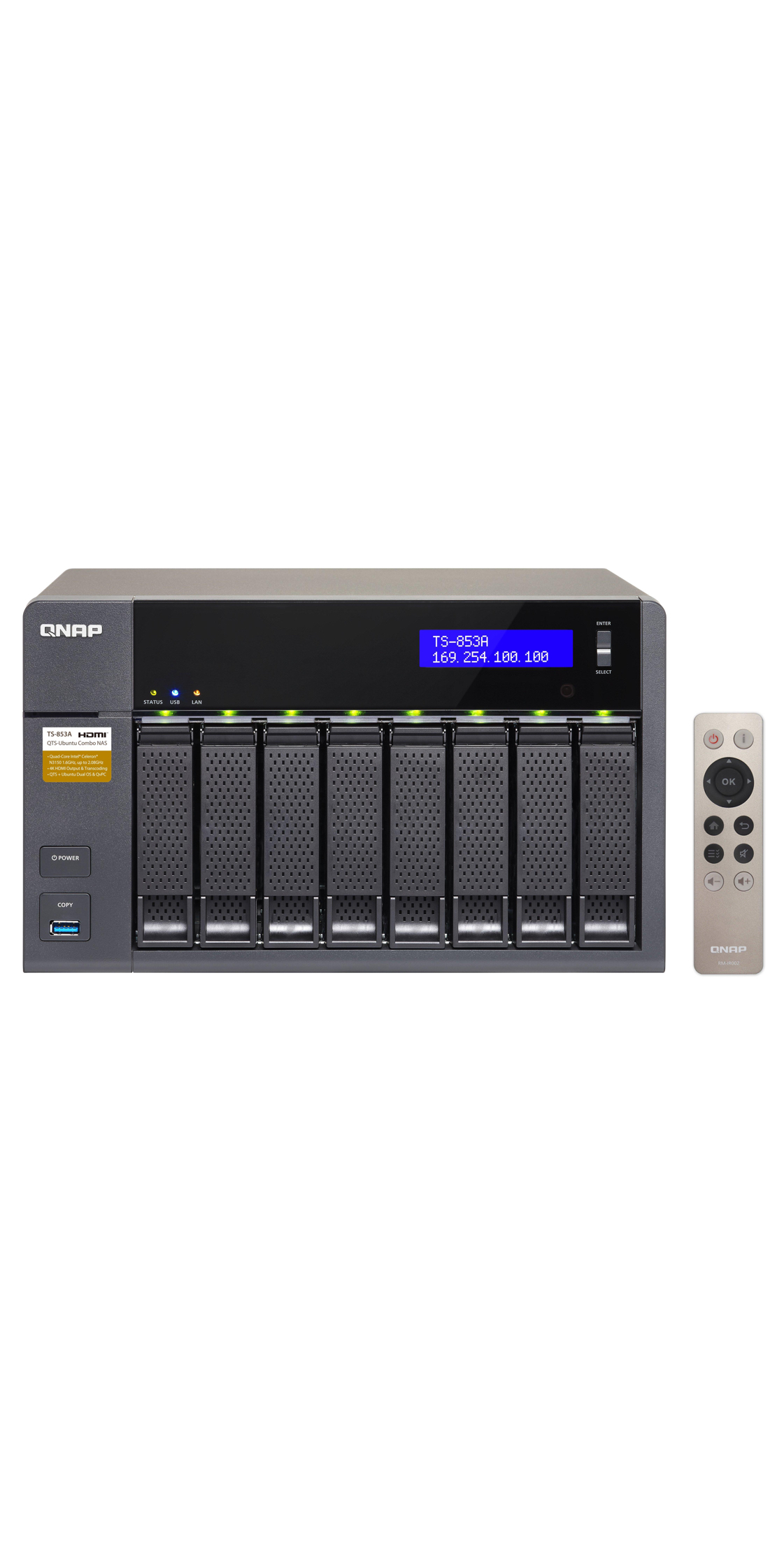
 Qnap TS-853A-8G review
Qnap TS-853A-8G reviewReviews This Ubuntu NAS will give you something to sing about
-
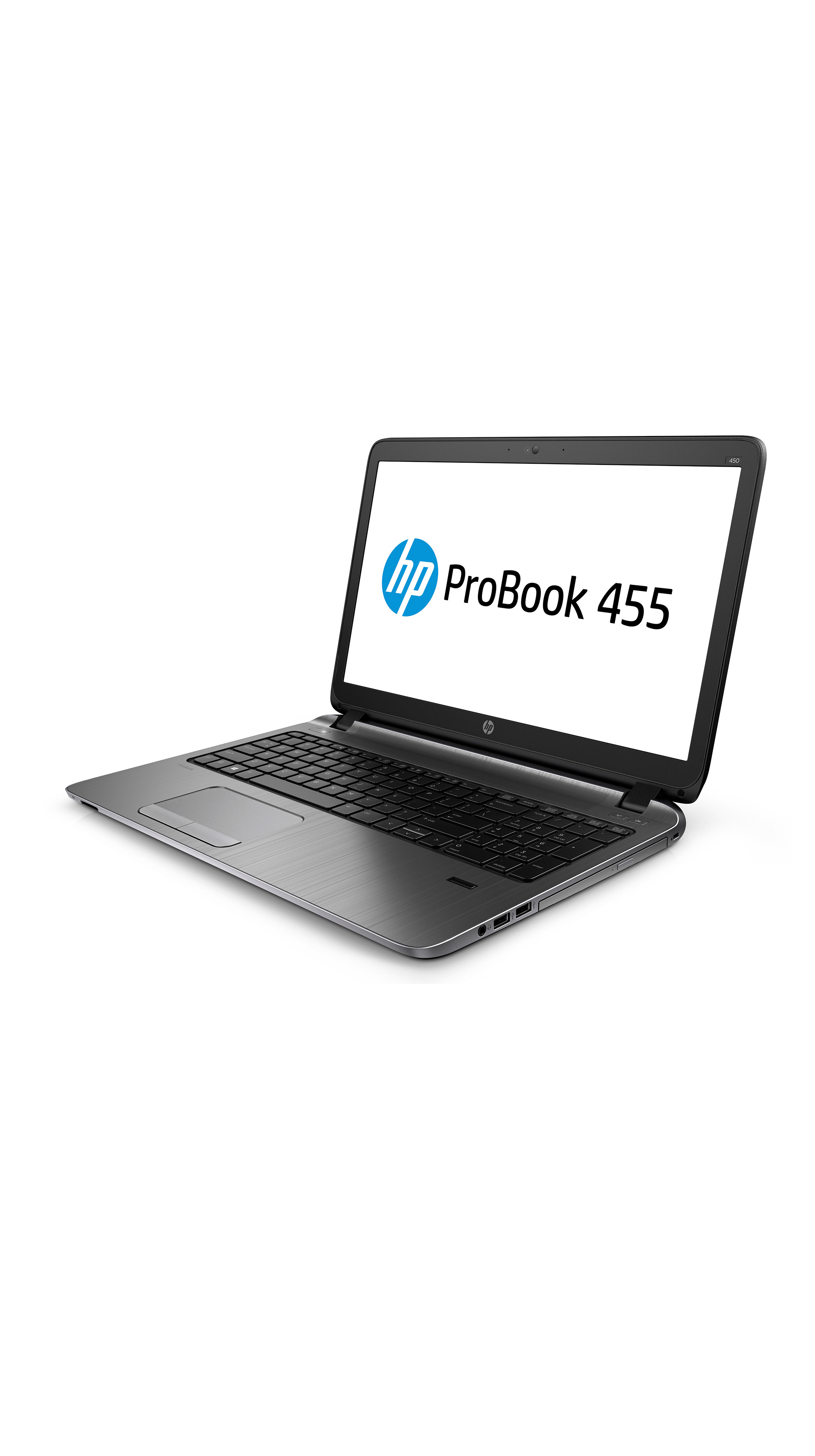 HP Probook 455 G2 Ubuntu review
HP Probook 455 G2 Ubuntu reviewReviews If you’re sick of Windows 10 already then try this Ubuntu-powered budget laptop
-
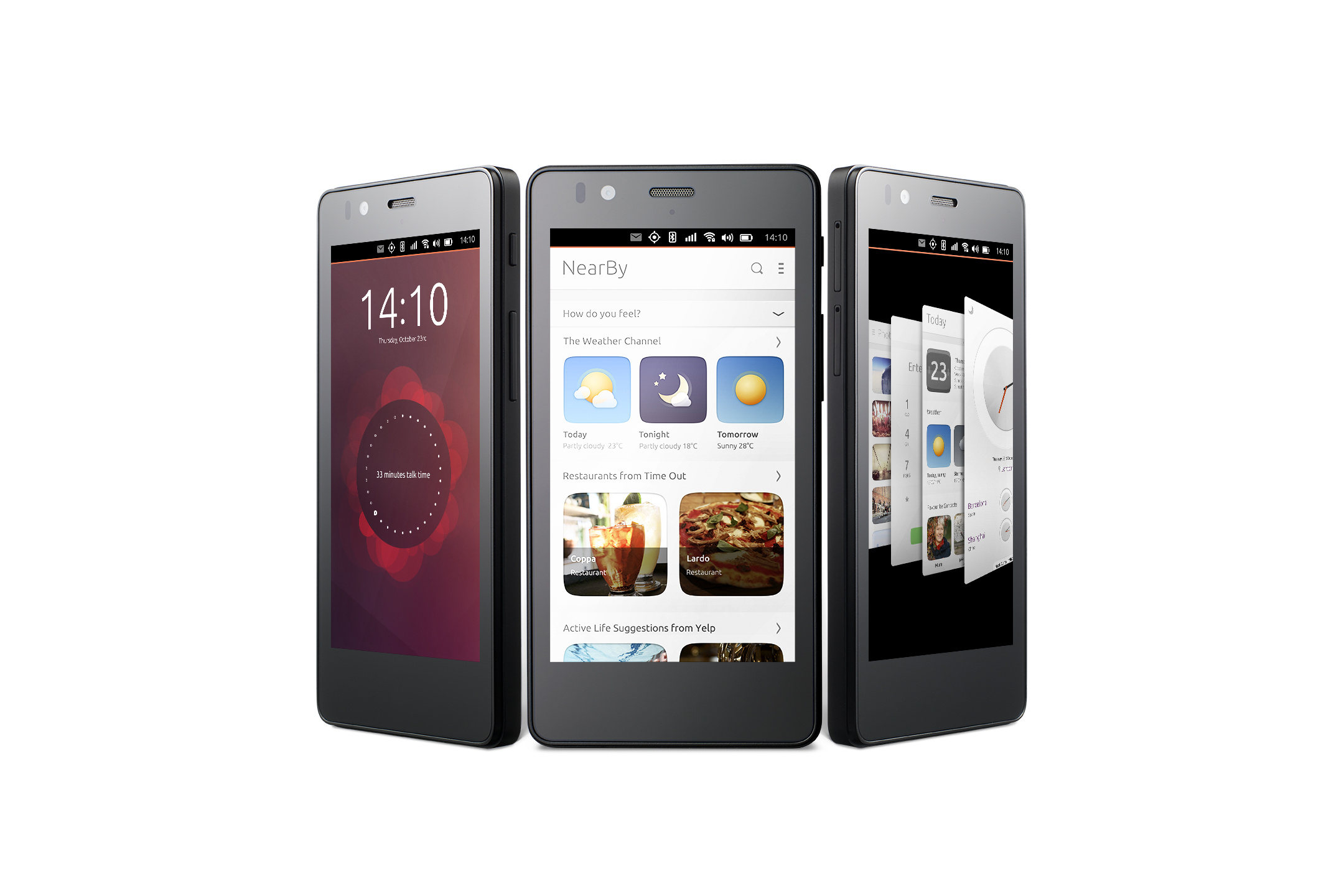 Ubuntu smartphone European release date due in February
Ubuntu smartphone European release date due in FebruaryNews Device running the open sourced OS will be manufactured by Spanish firm BQ and cost €170
-
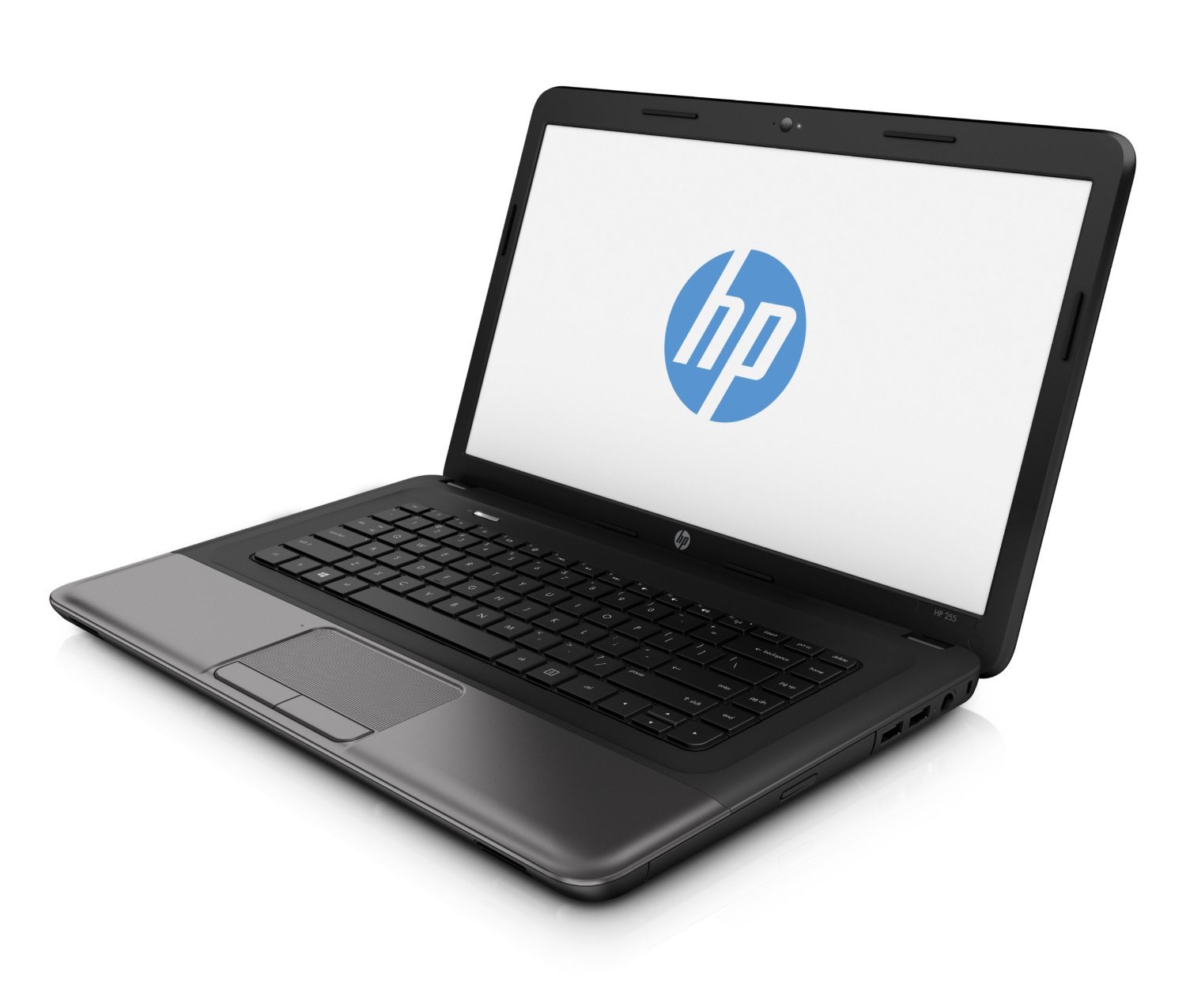 HP Ubuntu laptop (255 G1) review
HP Ubuntu laptop (255 G1) reviewReviews HP’s latest notebook saves money by ditching Windows for Ubuntu. Is your next notebook Open Source?
-
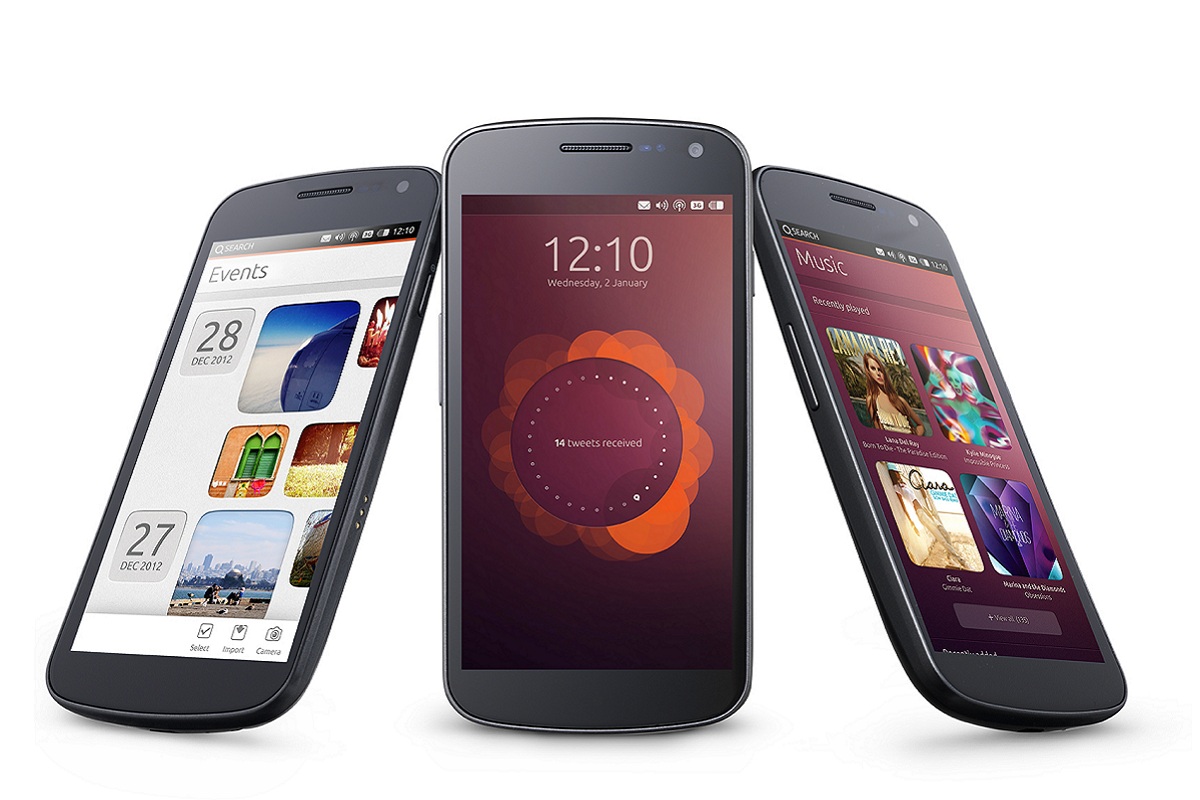 Canonical names first Ubuntu Touch smartphone makers
Canonical names first Ubuntu Touch smartphone makersNews Ubuntu developer finally names manufacturers helping make good on its smartphone ambitions.
-
 Ubuntu 13.10 desktop OS goes on general release
Ubuntu 13.10 desktop OS goes on general releaseNews Canonical unleashes latest version of desktop OS.